
Engendered Engendered
The trans community is coming out—and bringing with it a deeper understanding of what it means to be human.
Mar 23, 2015 / Feature / Mark Gevisser
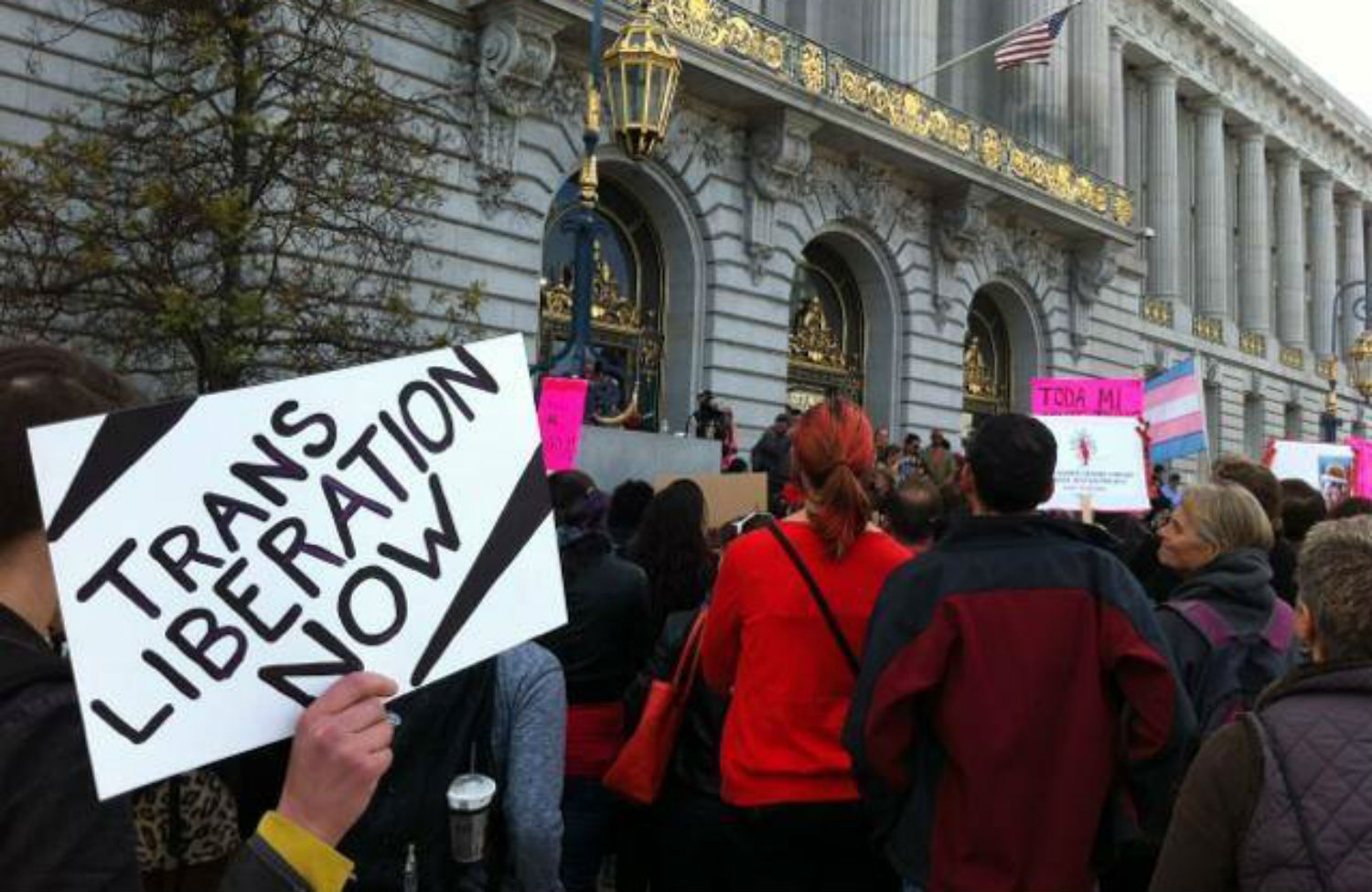
What Can Be Done to Stop the Brutal Targeting of Trans Women? What Can Be Done to Stop the Brutal Targeting of Trans Women?
At least six transgender women have been killed in the United States since January. A new partnership wants to help stem the tide of violence.
Feb 19, 2015 / Dani McClain

Fatal Encounter: A Transgender Woman Meets the US Marine Corps Fatal Encounter: A Transgender Woman Meets the US Marine Corps
The murder of a transgender woman in the Philippines reveals the homophobia in the Marine Corps and the dangers of US military presence in the region.
Oct 29, 2014 / Walden Bello and Foreign Policy In Focus

Gay Marriage Is a Reality in 5 States After a Supreme Court Ruling Gay Marriage Is a Reality in 5 States After a Supreme Court Ruling
Marriage licenses will be issued immediately after the Court declined to hear challenges.
Oct 6, 2014 / George Zornick
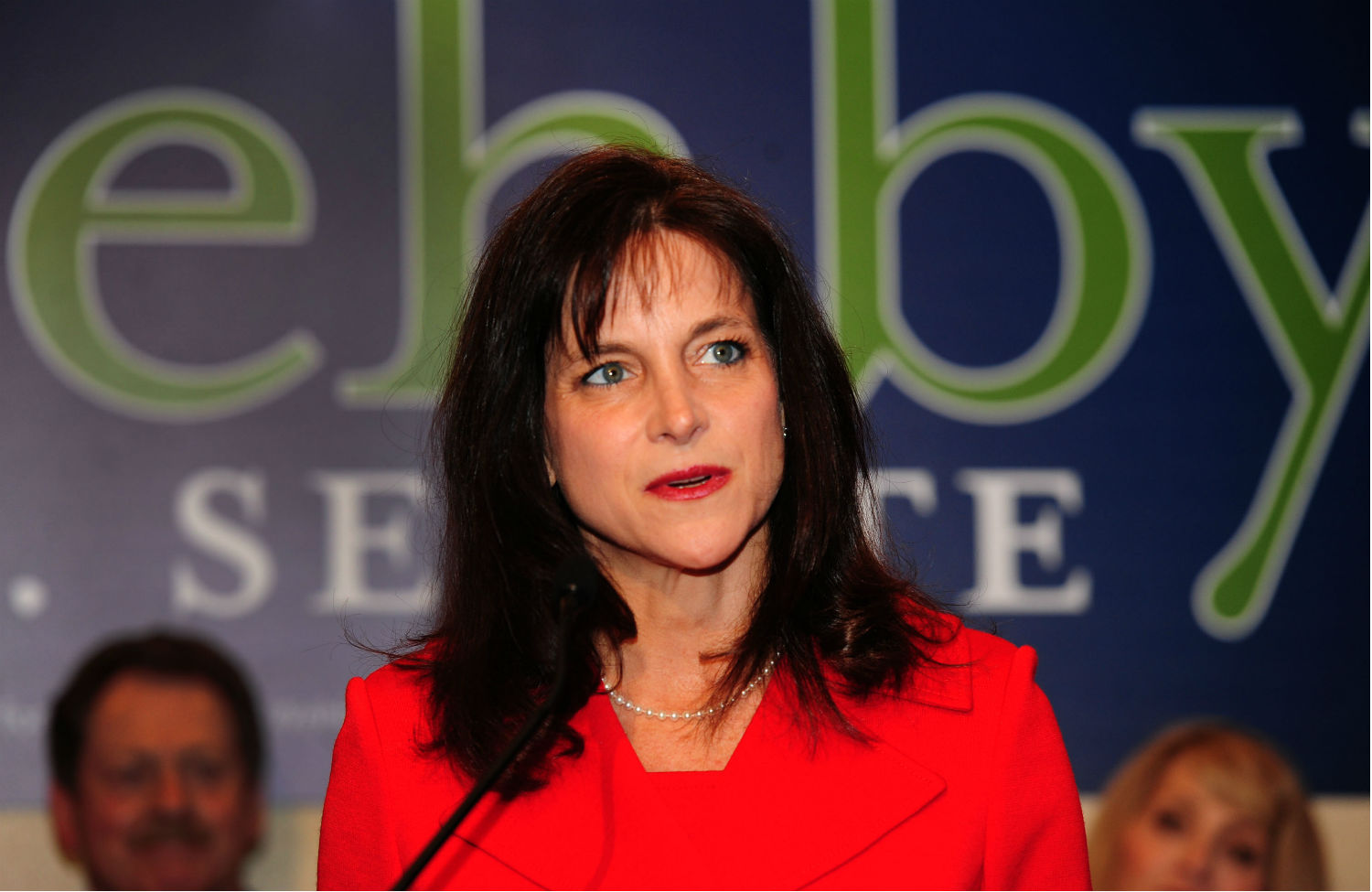
What Does It Mean When a Top Republican Runs as an Ally of Marriage Equality? What Does It Mean When a Top Republican Runs as an Ally of Marriage Equality?
An ad that embraces same-sex marriage signals the change in our politics.
Sep 9, 2014 / John Nichols

UPDATED: Michael Sam: Out of the Closet, Out of the NFL? UPDATED: Michael Sam: Out of the Closet, Out of the NFL?
Michael Sam, the first openly gay player with a chance of making an NFL team, now finds himself on the outside looking in.
Sep 2, 2014 / Dave Zirin
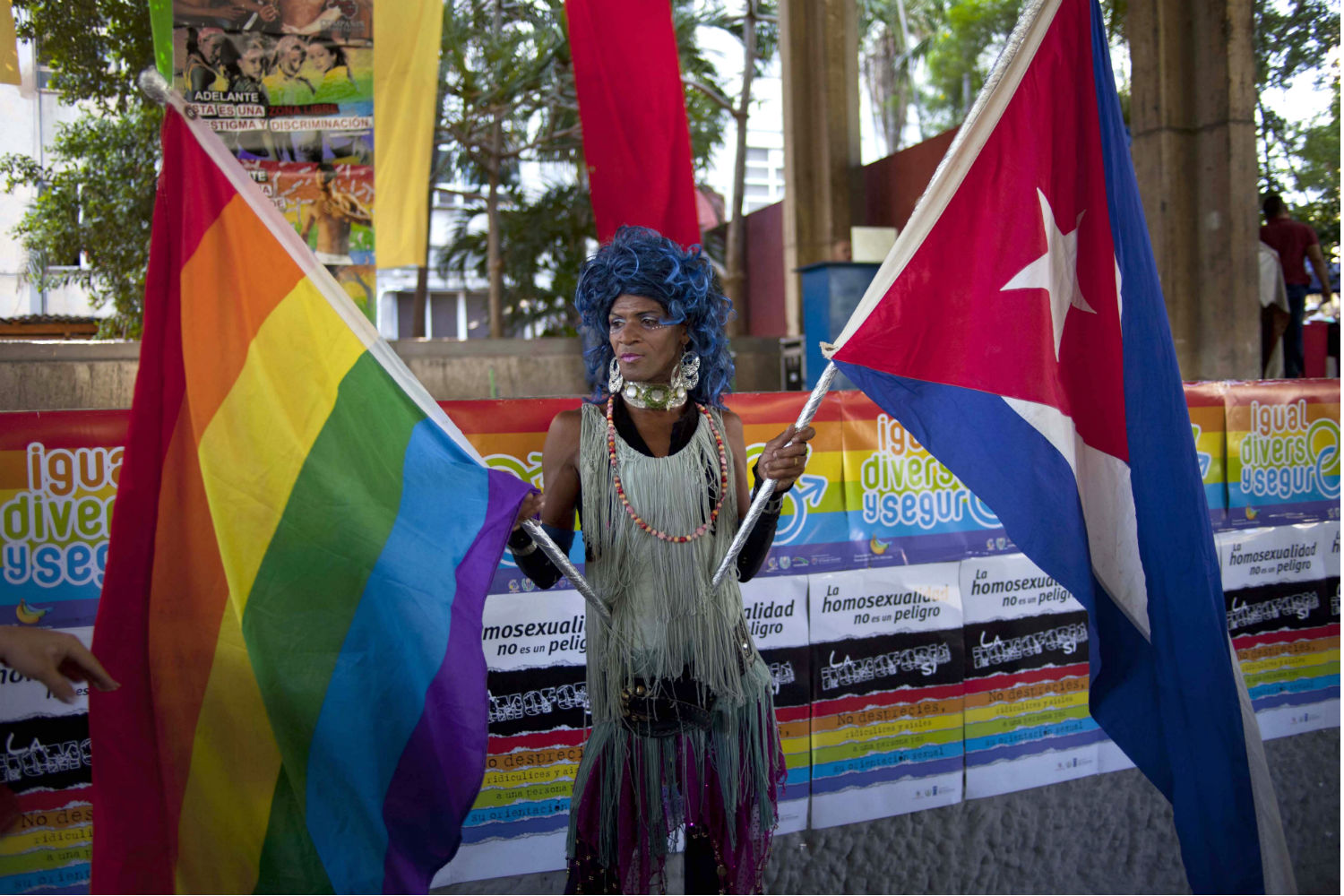
Postcards Post-Stonewall Postcards Post-Stonewall
We can pretend the politics of liberation can be tracked along clearly marked lines, or we can remember that history is like desire.
Jul 2, 2014 / JoAnn Wypijewski
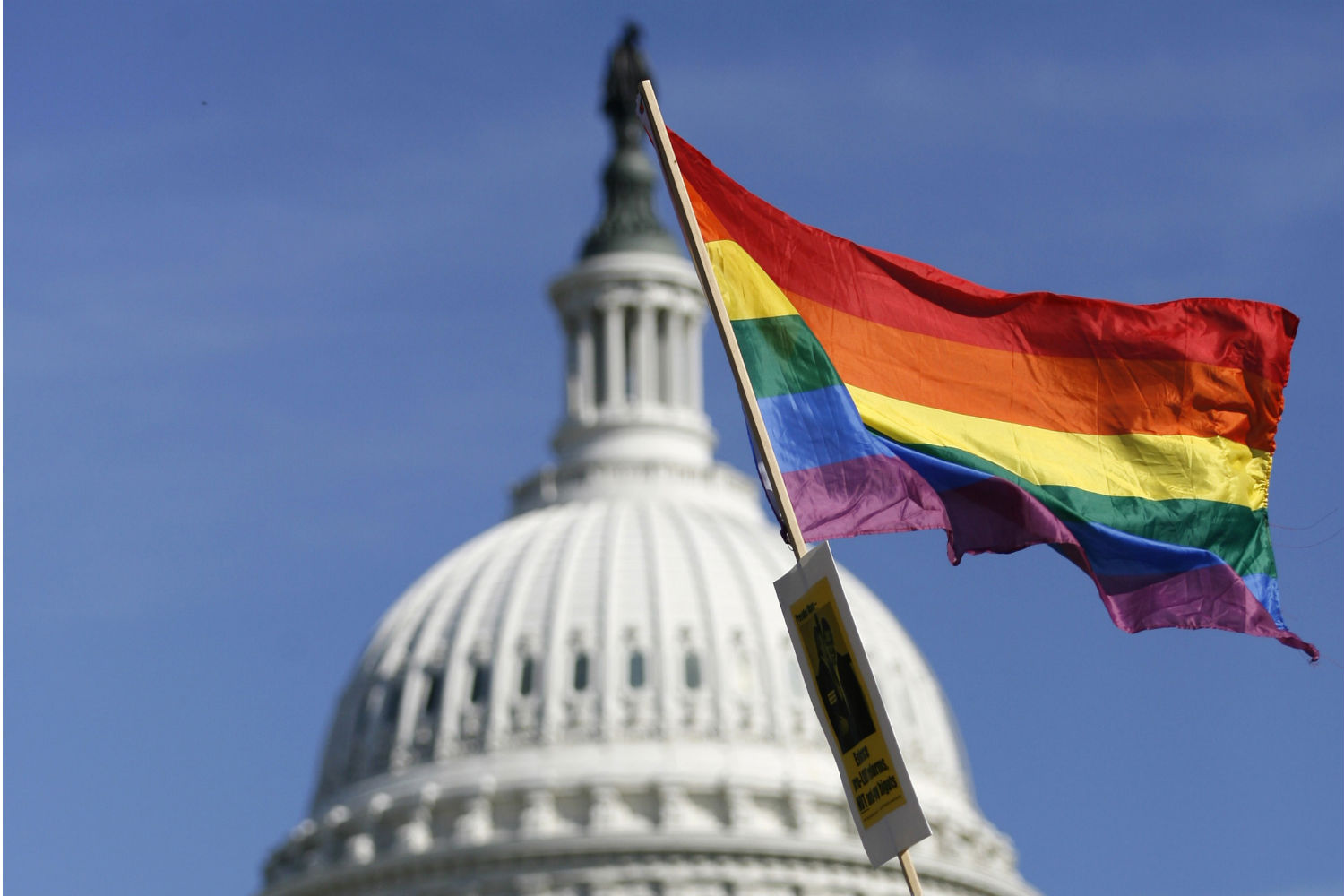
How ENDA Still Allows Discrimination Against LGBT Workers How ENDA Still Allows Discrimination Against LGBT Workers
The religious exemption in the current version of ENDA would enshrine the idea that LGBT equality is incompatible with the free exercise of religion.
Jun 20, 2014 / Tobias Barrington Wolff

At the Frontlines, Youth Continue to Fight Queer and Trans Homelessness At the Frontlines, Youth Continue to Fight Queer and Trans Homelessness
Pride month begins in Washington Square Park with the continued legacy of the LGBT Rally for the Homeless.
Jun 13, 2014 / StudentNation / Hannah Gold and StudentNation
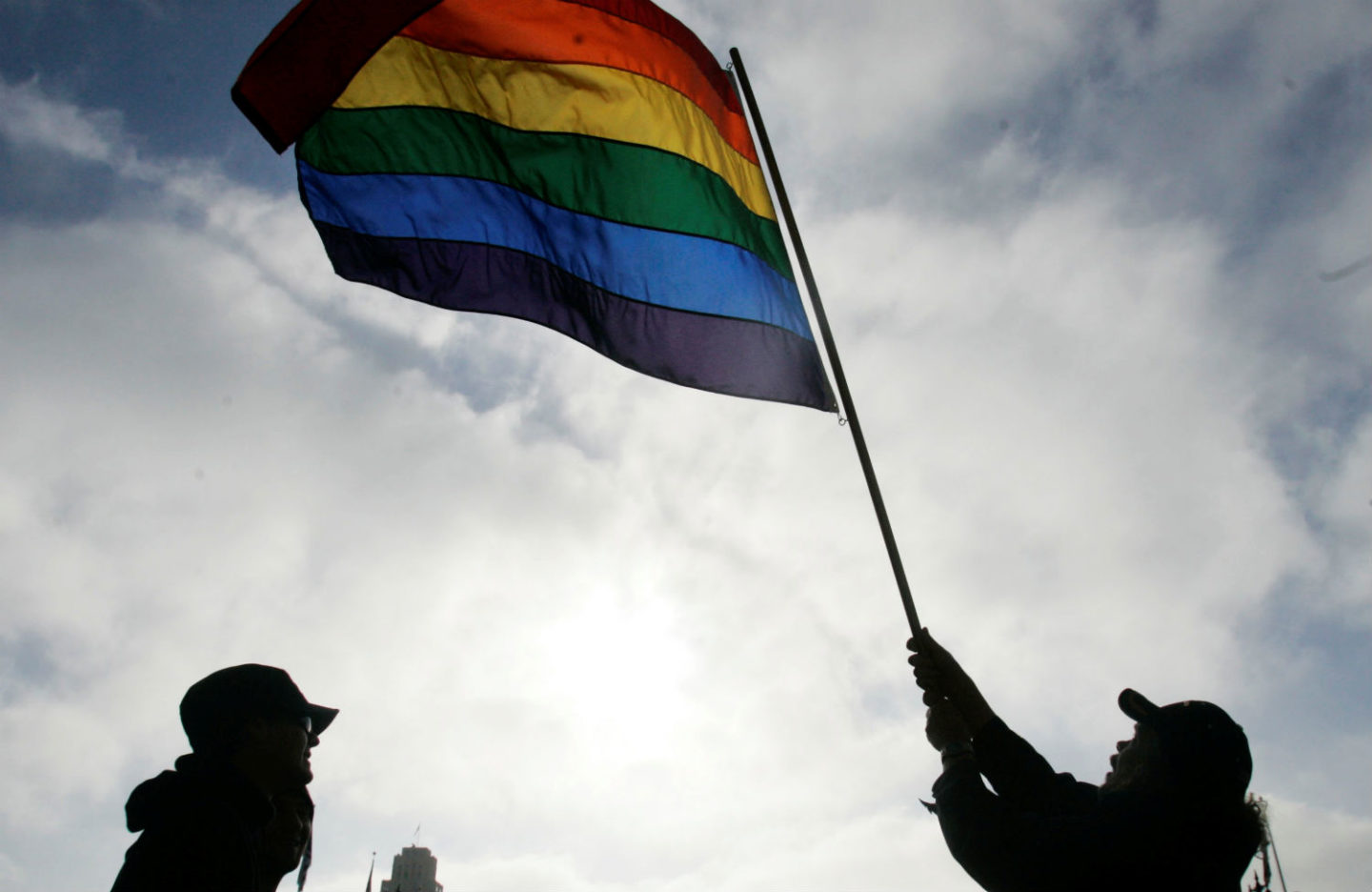
Getting Married ‘Where We Live’: Why Each Marriage Equality Ruling Is Historic Getting Married ‘Where We Live’: Why Each Marriage Equality Ruling Is Historic
When a federal judge tossed Wisconsin’s marriage ban, kids showed up with flowers and cops brought the cake.
Jun 7, 2014 / John Nichols
